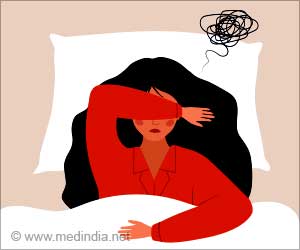Electric fans prevent heat-related elevations in heart rate and core body temperature, revealed a study by researchers at the University of Sydney, New South Wales, Australia.

During the study, eight healthy males (average age, 23 years), wearing shorts and t-shirts, sat in a chamber maintained at temperatures equal to (36°C; 97°F) or exceeding (42°C; 108°F), the limits currently recommended for fan use. Researchers tested each temperature with and without an 18-inch fan facing the participant from about 3 feet. After a 20-minute baseline period, relative humidity was increased in 15 equal steps from 25 percent to 95 percent at 97°F, and from 20 percent to 70 percent at 108°F. Heart rate and core temperature of the study participants were measured.
The research team found that electric fans prevented heat-related elevations in heart and core temperature up to approximately 80 percent relative humidity at 97°F and 50 percent relative humidity at 108°F. The authors write, "Thus, contrary to existing guidance, fans may be effective cooling devices for those without air conditioning during hot and humid periods." However, the authors noted that only young participants were assessed during their study, so similar results would need to be derived for other populations i.e. elderly with illnesses and those with diminished sweat production.
The study is published in 'JAMA'.
Source-Medindia









